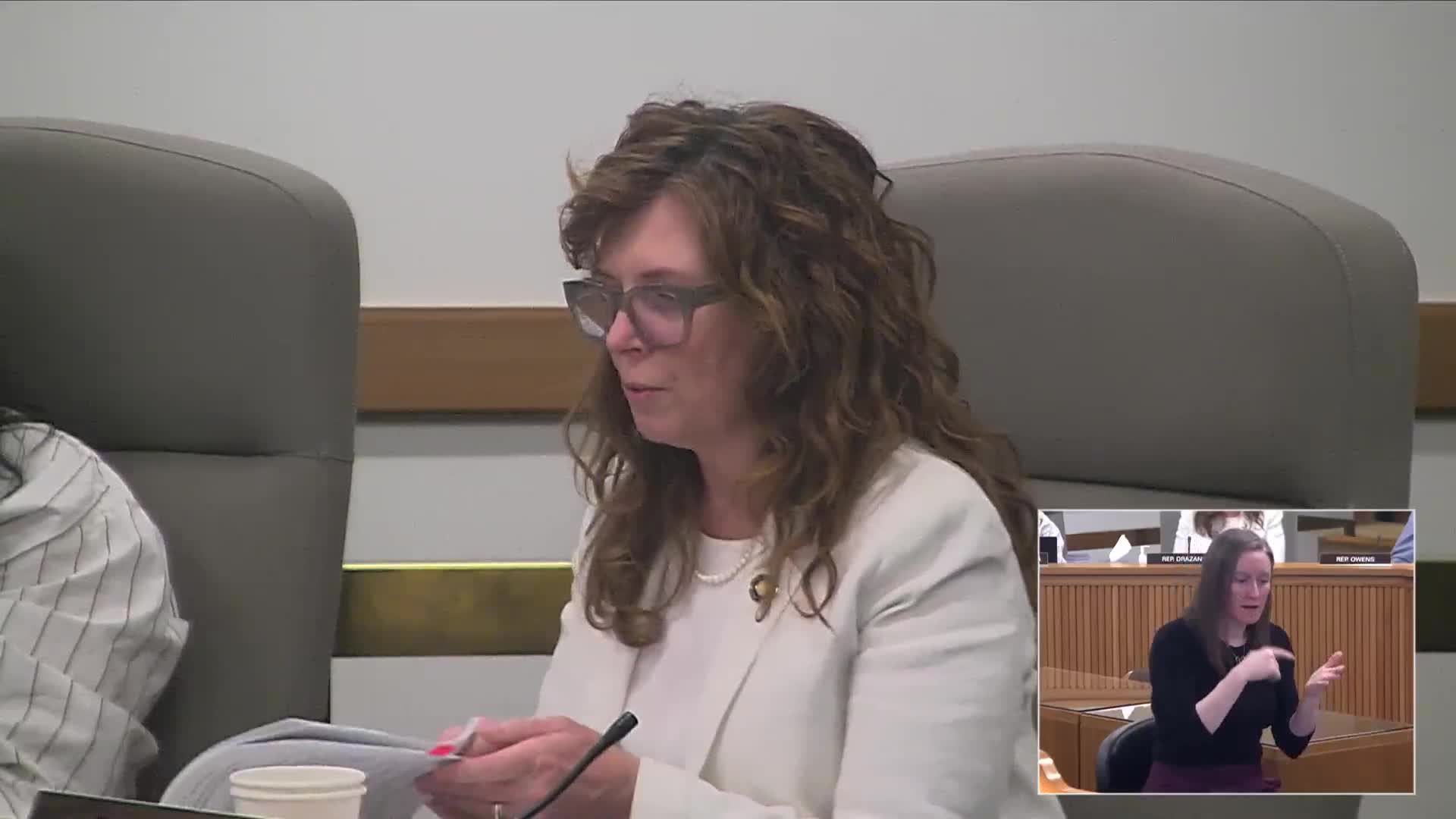Committee hears Department of Environmental Quality report showing Title 5 permitting backlog and staffing increases
Get AI-powered insights, summaries, and transcripts
Subscribe
Summary
DEQ reported a 4.2 FTE increase since 2023 and plans to improve permitting timeliness after fee increases; committee members flagged that as of Jan. 31, 2025, only 58% of actions were issued on time and that many Title 5 permits remain expired or backlogged.
The Joint Committee on Ways and Means received and acknowledged a Department of Environmental Quality report on the Title 5 permitting program and the department's efforts to address a backlog.
DEQ reported that Title 5 of the federal Clean Air Act governs emissions from large industrial sources and requires the program to be fee‑funded by regulated entities. Two fee increases approved in 2023 were intended to stabilize the program's revenue shortfall. With increased revenue, DEQ began hiring additional staff in late 2024 and early 2025; the program reported a net increase of 4.2 FTE above the February 2023 staffing level.
Despite staffing gains, committee members raised concerns about timeliness and backlog. Senator Bridal noted that as of Jan. 31, 2025, the department had issued only 58% of actions on time. Representatives said a number of Title 5 permits were expired — at least 49 of 101 permits were reported as expired in the department website snapshot discussed — and some large emitters had not had a renewed permit since 2009. Members criticized the report as lacking detail on how the backlog will be resolved and discussed pursuing another budget note and further oversight.
The Natural Resources Subcommittee recommended and the committee acknowledged receipt of the report. Members said they will continue to press the agency for solutions to reduce the backlog and improve permitting timeliness.
Why it matters: Title 5 permits regulate large industrial emitters; expired or delayed permits can affect regulatory compliance, emissions oversight and planning for infrastructure upgrades.
The committee accepted the report and flagged the need for further action and possible follow-up budget direction.
